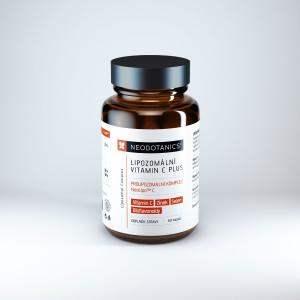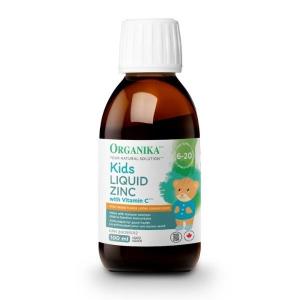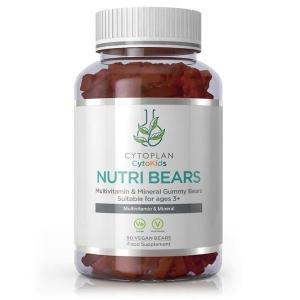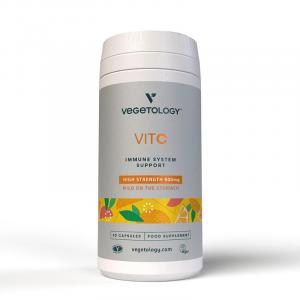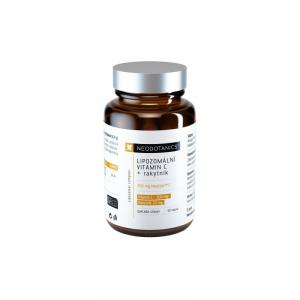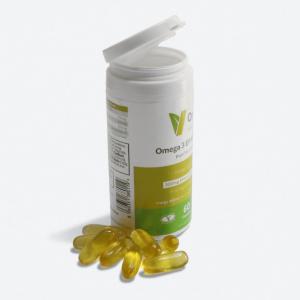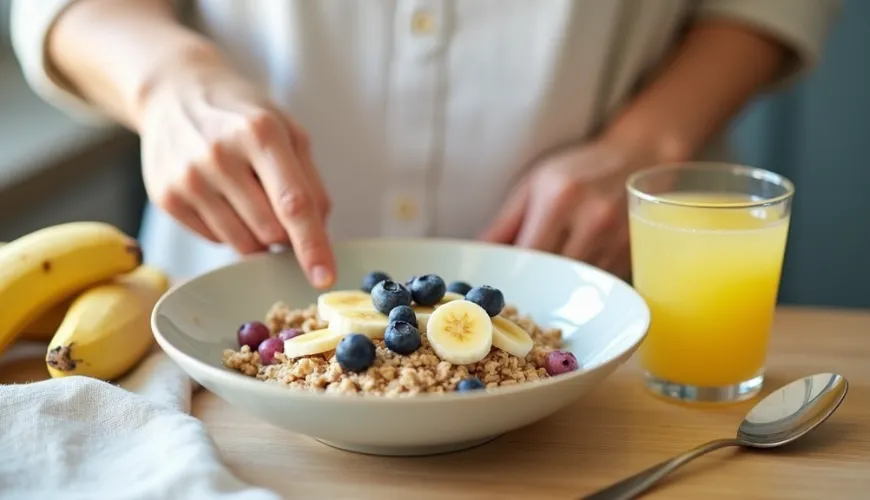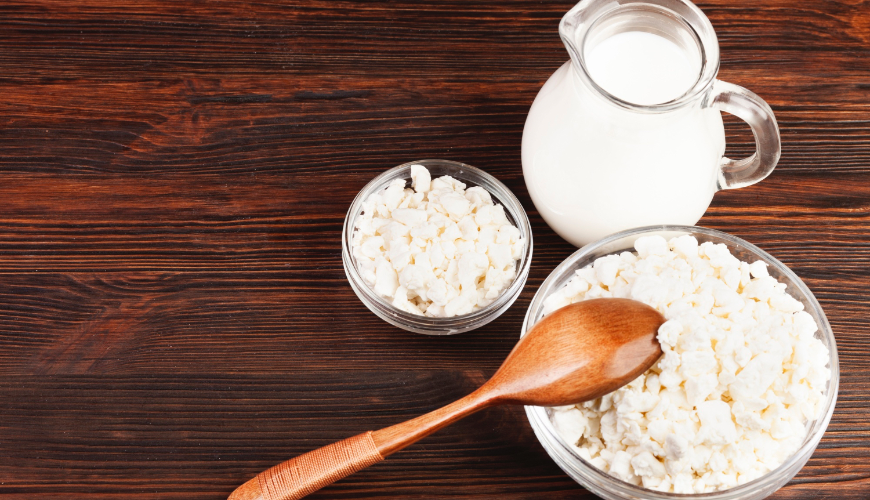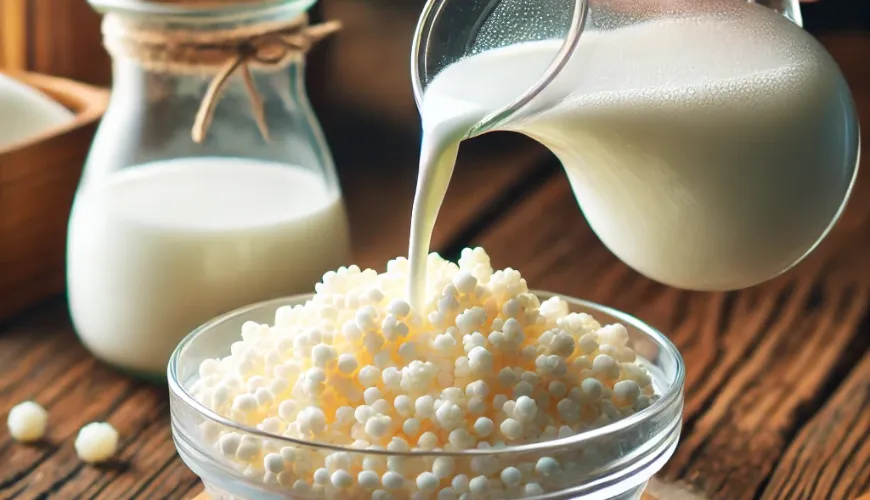
How Rutin in Foods Helps Strengthen Vascular Health
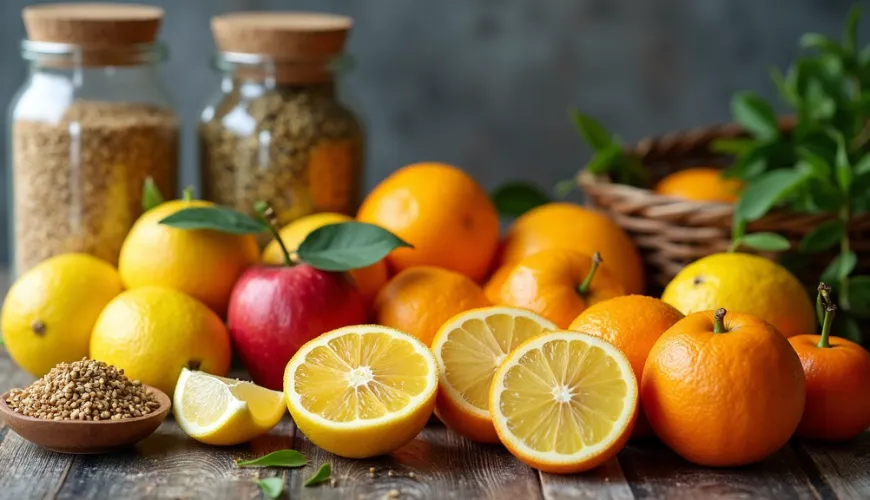
What is Rutin and Why Should You Care About It?
In recent years, more and more people are turning to natural sources of nutrients and compounds that can support health and vitality. One of the lesser-known but still extremely interesting bioactive substances is rutin – a naturally occurring flavonoid with a range of positive effects on the human body. Although its name may sound a bit technical, rutin is commonly found in a variety of everyday foods that you probably already have in your kitchen.
Are you curious about how rutin can boost your health and in which foods rutin is naturally found? Let's take a look together at the role it plays in the diet, how it works in the body, and why you should pay attention to its intake – whether you're a fan of a healthy lifestyle or just want to give your body the best without complex nutritional supplements.
How Rutin Works and Why the Body Needs It
Rutin belongs to what are known as flavonoids – plant compounds that have strong antioxidant effects. This means it helps the body fight free radicals, which can damage cells, accelerate the aging process, and contribute to the development of chronic diseases. But its benefits definitely don't end there.
One of the most notable effects of rutin is its ability to strengthen capillaries and blood vessel walls. Therefore, it is valued in the treatment of varicose veins, hemorrhoids, or swelling caused by poor blood circulation. According to some studies, it also helps reduce vascular permeability, preventing the formation of swelling and bruises. Additionally, it has anti-inflammatory effects and can contribute to the overall calming of the body, especially in people with chronic inflammatory conditions.
Rutin also contributes to better utilization of vitamin C in the body – it increases its effectiveness and helps its retention in tissues. It's no coincidence that these two substances often occur in the same foods or are combined in dietary supplements.
Rutin in a Regular Diet: Where to Get It?
You might be surprised to learn that rutin is not an exotic compound that needs to be synthesized in a lab or sought in expensive supplements. It is a natural part of many plant foods – you just need to know where to look for it.
The highest rutin content in foods is found especially in those known for their bright color or typical bittersweet profile. Although the specific amount may vary depending on growing conditions, ripeness, and variety, there are foods that contain rutin in really significant amounts:
- Buckwheat – undoubtedly the richest natural source of rutin. Its concentration in unhulled buckwheat can reach up to 500 mg per 100 grams. Particularly the husks (known as buckwheat hulls), which are commonly used in pillows, are extremely rich in rutin. But even buckwheat flour or cooked buckwheat are great sources.
- Citrus fruits – especially the peel of lemons and oranges contains a high proportion of rutin. Although the pulp not as much, the white layer under the peel (known as albedo) contains a significant amount.
- Apples – especially their skin is rich not only in vitamin C but also in flavonoids including rutin.
- Dark berries – blueberries, blackberries, and black currants are great sources of antioxidants, and rutin is definitely one of them.
- Leafy greens – such as spinach, kale, or rhubarb contain smaller but still significant amounts.
- Tomatoes – especially dried tomatoes or tomato concentrate have a higher concentration of this substance than fresh tomatoes.
- Black and green tea – even a warm cup of tea can contribute to daily rutin intake, especially if brewed from quality leaves.
Interestingly, rutin partially retains even after heat treatment. For example, when cooking buckwheat, its amount decreases only slightly, which makes this grain an excellent candidate for daily consumption.
How to Easily Incorporate Rutin into Your Diet
Imagine a family trying to eat healthily but not wanting to spend hours in the kitchen. Mom prepares buckwheat risotto with roasted vegetables for dinner and adds an apple, blueberry, and orange fruit salad for dessert for the daughters. Everyone pours a cup of green tea. Without knowing it, they did more for their vascular health and antioxidant protection than most people do in a whole day.
It's not about calculating milligrams of rutin with every meal, but about a colorful, plant-based diet where these substances appear naturally and regularly. If you occasionally add buckwheat pancakes, citrus smoothies, or an apple pie with the peel, you've got it made.
When is it Appropriate to Supplement with Rutin?
While it is ideal to obtain rutin from a regular diet, there are situations when rutin supplements may make sense. For example, in people with increased vascular fragility, a tendency to bruise, varicose veins, or during recovery after surgery. In such cases, it is always advisable to consult a doctor or a qualified nutritionist.
There are also products on the market that combine rutin with vitamin C, which increases their effectiveness. However, it is important to pay attention to dosage – the recommended daily intake of rutin usually ranges from 50 to 500 mg, depending on needs and health status.
Try our natural products
Why Plant-Based Diet is a Win for the Planet Too
One of the less frequently mentioned benefits of flavonoids, including rutin, is their ecological impact. Foods rich in rutin – such as buckwheat, fruits, vegetables, and tea – come from plant sources whose cultivation has a significantly lower environmental footprint compared to animal production. For example, buckwheat is not demanding on water, grows quickly, does not require chemical treatment, and is often grown organically.
Moreover, the diversity of a plant-based diet rich in nutrients like rutin supports not only human health but also soil regeneration, biodiversity, and sustainable agriculture. As the well-known saying goes: "What is good for you should also be good for the planet."
It's not about diet dogmas or exaggerated recommendations. It's about small changes that add up: replacing white flour with buckwheat flour, choosing fresh fruit over cookies, or adding more green leaves to your plate.
When we realize that health begins on the plate – and that a diverse, plant-based diet is the key not only to vitality but also to a healthier planet – even a seemingly insignificant substance like rutin takes on a whole new meaning in the world of nutrition.
And that is its magic.
